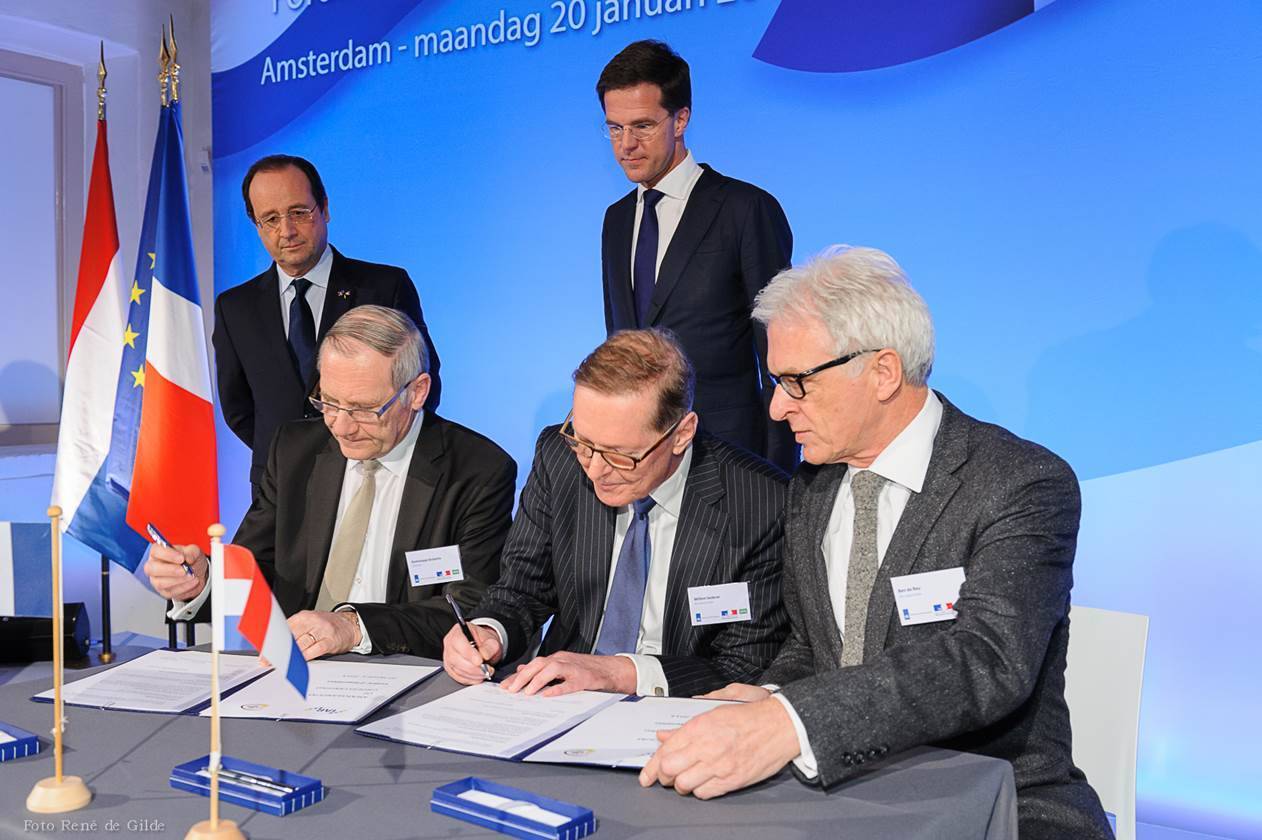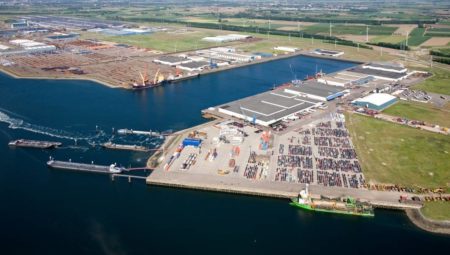At Plant Based Summit, held in the beginning of April, Agro & Chemie interviewed Willem Sederel (Biobased Delta) and Christophe Luguel (IAR) on the collaborative effort of ‘their’ clusters.
In March 2014, both IAR and Biobased Delta signed a so-called Memorandum of Understanding. A three year trajectory in which both clusters will work together on various levels such as data-exchange, joint R&D-projects, applying for joint-funding, participation at conferences (such as the Plant Based Summit) and so on. Back then, Willem Sederel stated that the synergy between both clusters is likely to have a significant impact in establishing a healthy and thriving European bio-economy. One year later, IAR and Biobased Delta are joining a stand at the Plant Based Summit. But surely more has happened that only that?
Willem Sederel:
‘In a short time span, IAR and Biobased Delta have met and worked together in various settings. Briefly after the signing of the Memorandum, in May of 2014, a heavy delegation from BBD visited the biobased trade show SINAL in Châlons-en-Champagne. It was encouraging and refreshing to see that the Dutch embassy played a very active role in attracting Dutch companies to the trade show. The Dutch participants stated that the trade show was very fruitful for them. It wasn’t so much about numbers, but more about the quality of the contacts and the exchange of ideas. Also a number of relationships have been established, such as a French company speaking about a biobased substitution of phenol-formaldehyde resins at a Biorizon-workshop (on bio-aromatics, red.) at the EFIB in Reims.’
Christophe Luguel:
‘Bio-aromatics is a perfect example of the common ground IAR and BBD share. Both clusters have high expectations of bio-aromatics and therefore established research programs, based on various types of feedstocks. Because IAR is more driven by agriculture, given the industrial infrastructure in our region, and BBD more by chemistry, synergy is more likely to occur. Please take note that building an international cluster will take some time. Establishing a national cluster takes time and energy, let alone an international one. Especially now we have extended our network to the United Kingdom (BioVale) and Germany (Bio-economy Cluster Sachsen Anhalt).’
Sederel:
‘By extending to the other regional clusters, the emergence of the European bio-economy has become more apparent to the national governments and of the European Commission. In fact, various DG’s (Regions, Growth, Research) have applauded transnational coöperation in the biobased economy. The concept is clear: if research and valorisation efforts are fragmented, the economic and societal impact is likely to be subdued. It is also bad economics if various clusters carry out identical research projects or build their own laboratories or pilot plants. Why not share facilities? It is no secret that most pilot plants, after being helped in the saddle by public funds, struggle to stay in business as a privatized institution.’
Luguel:
‘When speaking about research I want to stress that IAR and BBD – and also the other clusters – are geared towards innovation. Research turns money into knowledge, innovation is turning knowledge into money. We should not be deterred by the idea that Europeans are more successful in the first than in the latter part. Yes, it is true that in terms of flagship projects and commercial plants other continents have proven to be more successful. There are various factors that come into play, such access to biomass, proximity to end markets, energy price, human capital et cetera. Europa should not sell itself short on these parameters. We have a sizeable and affluent end market, a sizeable chemical industry, enormous amounts of biomass thanks to strong forestry, agriculture and agro-industrial sectors, combined with deep sea ports and strong public-private partnerships.’
Sederel:
‘There has been a paradigm change in applied research in which industries have taken the lead. Therefore the focus has been shifting from fundamental to more applied research. Shorter horizons and a stronger emphasis on end markets. True, most business cases momentarily do not fly because of relatively low oil prices, the competition with proven materials and chemicals and derisking. Several biobased alternatives need to have a similar of better performance than existing solutions, but the end users need proof and that takes time. Are we underperformers in turning knowledge into money? I tend to think we will and have to get better. The ‘birth’ of the Biobased Industries Consortium and the collaborative efforts between companies and research institutes in the major clusters undoubtedly will facilitate this learning curve. Ultimately, this evolutionary step will lead to commercial successes, such as the establishment of flagship projects and more commercial production on European soil.’



